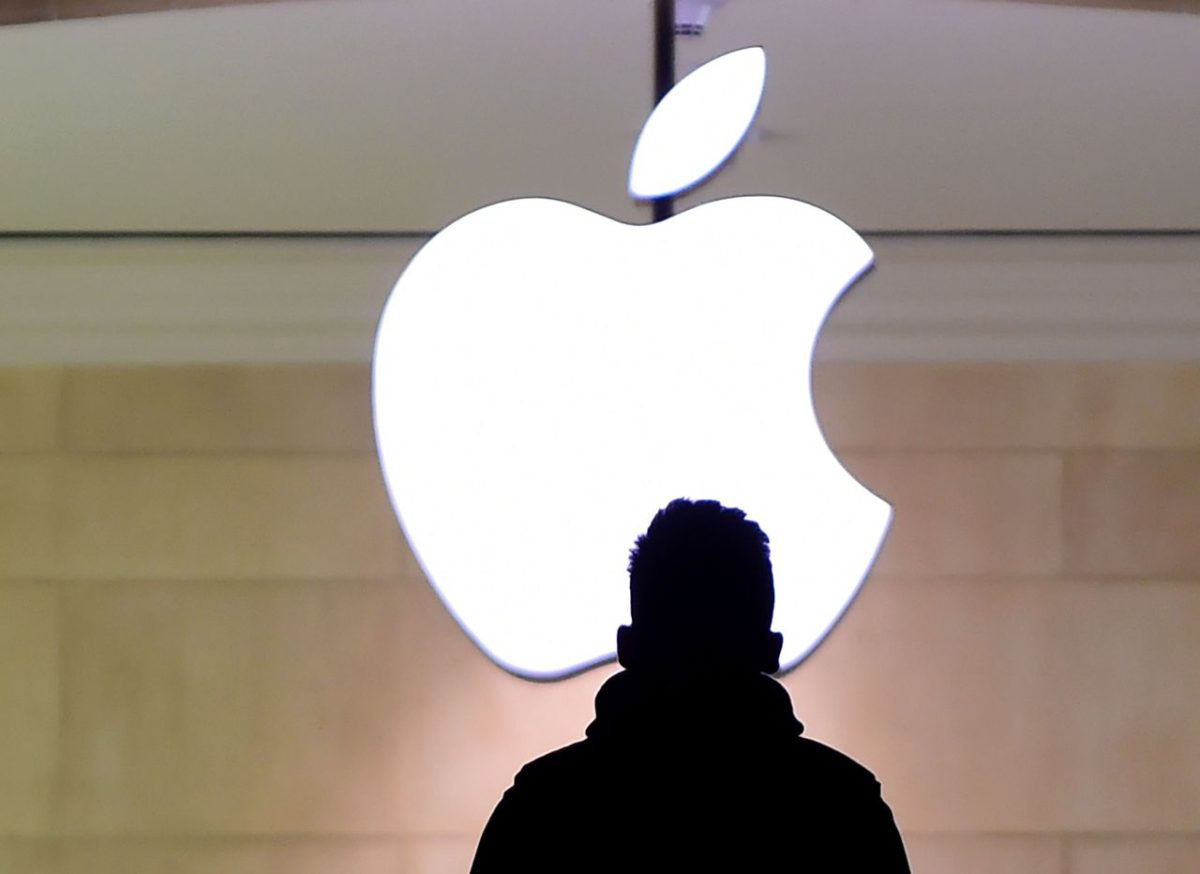Two terrorists shot fourteen people dead in the city of San Bernardino on the 2nd of December 2015. They committed this terroristic attack after they publically stated that they were IS sympathizers. The FBI found the phone of one of the shooters, and wanted to check for any contacts with other terrorists. FBI investigators are now trying to enforce Apple, by help of the court, that they provide software to unlock the iPhone. The FBI wants to have a kind of back door which enables security services to crack encrypted iPhones in the future. The technology company refuses categorically, Chief Executive officer Tim Cook called it the “Software variant of Cancer”. The words used by Mr. Cook are straightforward, but is the metaphor founded?
Google, Facebook, Microsoft and dozens of other competitors from Silicon Valley supported Apple in the fight against the FBI. All these companies and the High Commissioner for Human Rights of the United Nations fear that the privacy of all users will be at stake. Moreover, they are worried that this case will be used as a precedent. The probability that Apple has to crack more iPhones will increase. During a hearing in the US Congress the FBI stated that it would indeed be a precedent, which confirms the fear of the IT companies. The last argument Apple alleges is about the software to unlock iPhone. The software can leak to cybercriminals or can be reproduced by the FBI or other law enforcement agencies. That is a lot easier if there is an example.
The FBI, supported by victims and survivors of the shooting in San Bernardino, also wants to unlock iPhones of suspected drug dealers. They indicate that unlocking the iPhones will promise benefits in the field of detection and prevention of criminal actions such as drugs activities. The latest news is that the FBI confirmed that they successfully unlocked the iPhone of the San- Bernardino shooter. This without any help of Apple. It is not disclosed what method was used by the FBI to release the data on the phone. The government do not want to say which third party helped the FBI. But several media reported that it is the Israeli software company Cellebrite. They successfully cracked the outdated software of Apple.
So, how will this ethical and privacy subject evaluate? Mr. Cook believes the technology companies should take part in a committee, to talk together about the implications of the police investigation and privacy. This commission might be able to judge in this situation on the most ethical and correct approach. I personally think that the fear of Apple is well founded. Companies and governments must be very mature, thoughtful and careful with the personal information of an individual citizen.
C. Cuijpers, S. van Schendel. Data protection by Design as argument in FBI vs. Apple debate, 2016, Vol 42 Issue 3, pp. 37-47.
http://www.nu.nl/internet/


Nice article Koen, you point at some interesting ideas! I immediately had to think of the TSA (Transport Security Administration) locks introduced by US airports, and currently used airport security all around the world. In this case, the same privacy/security principle -or debate- applies. Travellers used to lock their luggage with locks that airport security could not open without breaking it. By introducing this TSA standard, security had an option to open luggage without breaking the lock. Of course, this means that locking your suitcase does not mean that it is actually inaccessible for everyone.
A group of hackers has recently shared the coding to 3D-print your own TSA key, enabling practivally anyone to unlock this type of lock. Again, the parallells with the Apple example are striking. It shows too that the continuous battle for privacy and security is a widespread one, especially if privacy and security are to be combined. Moreover, we can learn hat although people (now) know their belongings can eassily be accessed by others, putting a seemingly protective lock on it gives them the ease that it is protected. Apparantly, this ‘privacy on the surface’ is in many cases enough to outbalance the incremental security. Perhaps this holds true for smartphone users too?